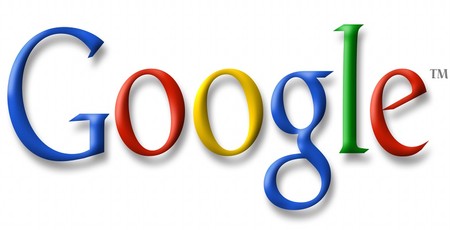Google Shopping still not playing fair, claim competitors
November 23, 2018 | 11:23
Companies: #alphabet #european-commission #foundem #google #idealo #pricerunner #pricespy #shopalike #stylelounge

A swathe of European comparison shopping services have penned an open letter to European Commissioner Margrethe Vestager, complaining that Google isn't playing along with the Commission's ruling attached to its June 2017 antitrust fine.
That Google dominates search is no secret: While the company's revenue comes almost wholly from its advertising platform, through which it both sells advertising space on its own services and sells adverts for others to put on their own websites, it's the company's search engine and related services that drive eyeballs. That domination makes it a key risk for anti-competitive practices, of course, and in June 2017 the European commission fined the company a record £2.15 billion for having abused its monopoly position to stamp down on competing offerings in the comparison shopping service market.
The financial penalty came with the demand that Google and parent company Alphabet cease their illegal conduct within 90 days of the ruling, but 14 European comparison shopping services have joined forces to pen a letter to the European Commission claiming that Google still isn't playing fair.
'We are writing to you as leading European comparison shopping services (CSSs) to express our collective view that Google’s "compliance mechanism" in the Google Search (Comparison Shopping) case does not comply with the European Commission’s June 2017 Prohibition Decision,' the letter, signed by the heads of companies including PriceRunner, PriceSpy, StyleLounge, ShopAlike, Idealo, and Foundem, explains. 'It has now been more than a year since Google introduced its auction-based "remedy," and the harm to competition, consumers and innovation caused by Google’s illegal conduct has continued unabated. We therefore respectfully urge you to commence non-compliance proceedings against Google.'
The letter argues that the auction system introduced by Google and claimed to adhere to the letter of the EC's ruling is unfair on a variety of fronts, including that Google doesn't actually have to pay anything for its bids - instead simply moving funds from one business division to another - and can thus guarantee the positioning of its own sponsored links above those of competitors, even with a 20 percent 'profit margin' limit imposed on said bids.
'The harsh reality is that a pay-for-placement auction is fundamentally incompatible with the concept of comparison shopping (or, indeed, any other form of vertical search),' the letter continues. 'As a result, few rivals have chosen to participate in Google’s CSS auction and, when they have, genuine CSSs that employ a consumer-friendly paid-inclusion model have struggled to outbid services like Google Shopping that, since 2013, employ a consumer-unfriendly pay-for-placement model. Presumably, realising that it will never be possible to populate its new auction with enough genuine comparison shopping services to create even the veneer of a functioning remedy, Google has now set about populating it with fake ones instead: Google has recently begun reaching out to Google Shopping Ad Agencies to encourage and incentivise them to pose as CSSs.
'In exchange for a hefty rebate and official Google Certified CSS Partner status (a status granted despite offering no comparison shopping functionality of any kind), these Ad Agencies now bypass the Google Shopping auction and bid instead for placement in Google’s new, ostensibly-CSS-only auction. In other words, where these Ad Agencies used to feed their merchants’ ad inventories into Google Shopping, they now feed these same ad inventories directly into Google’s CSS auction instead. Crucially, Google is not doing this because it is confused about the many important differences between an Ad Agency and a comparison shopping service; it is doing it to circumvent the Commission’s Prohibition Decision, by simply recreating Google Shopping under a different name and then continuing to illegally favour it in exactly the same way as before.'
The letter ends with a call for the Commission to reject Google's auction-based compliance mechanism and instead demand 'an effective remedy that adheres to the principle of equal treatment set out in the Decision.' At the time of writing neither Google nor European Commissioner Magrethe Vestager to whom the letter was addressed, have responded.
The letter is publised in full on Search Neutrality.org.

MSI MPG Velox 100R Chassis Review
October 14 2021 | 15:04








Want to comment? Please log in.